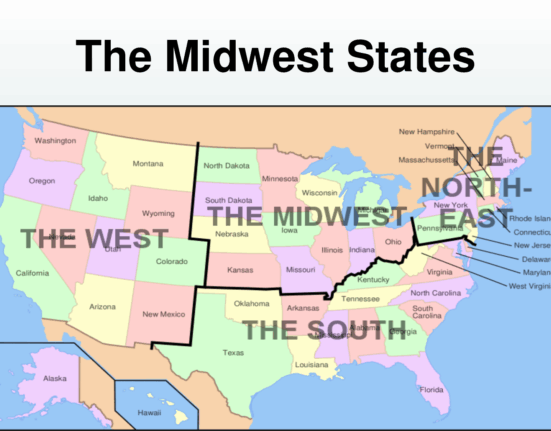Brussels, 9 July 2025 – In a significant development today, the European Parliament passed a motion put forward by MEP Alexander Bernhuber from Austria. This motion calls upon the Commission to rescind its recent regulation dated 22 May 2025 that introduced the concept of “country benchmarking
” outlined in Article 29 of the EU Deforestation Regulation (EUDR).
The motion raised concerns about the methodology used by the Commission for this country benchmarking exercise. While ostensibly aimed at improving how countries are classified under the regulation, it is evident that Bernhuber’s primary objective is to push for a further postponement of the EUDR. Originally slated for implementation on 30 December 2024, the enforcement has already been deferred by a year following an amendment agreed upon by EU legislators in December 2024.
“
The ‘country benchmarking’ mechanism plays a crucial role in ensuring effective implementation of the EUDR,
” remarked an expert familiar with European environmental policies. “
It provides clarity to both operators and national authorities regarding the risk levels associated with commodity production in respective countries.
”
Should the Commission concede to Bernhuber’s demands and revoke this regulation, experts fear that crafting a new classification methodology before the revised deadline of 30 December 2025 would be impractical. This scenario would inevitably lead to further delays in enforcing measures vital for safeguarding global forests and upholding the EU’s environmental commitments.
Critics have pointed out contradictions within Bernhuber’s proposal, particularly his call for introducing a new category of “
negligible risk
” countries exempted from traceability obligations. Such a move raises red flags as it could open avenues for fraud and exploitation where high-risk products might be misrepresented as originating from low-risk regions.
An industry insider highlighted, “
The removal of traceability requirements poses serious integrity risks within supply chains, potentially undermining efforts to combat illicit trade practices.
”
Moreover, advocacy groups like Greenpeace have emphasized transparency and objectivity in determining country benchmarks under EUDR while awaiting an official review promised by the Commission in 2026.
Speaking on behalf of Greenpeace, Forests Campaigner Sigrid Deters expressed concern over attempts to weaken regulatory frameworks: “
We cannot afford any further setbacks in forest protection efforts. Upholding stringent traceability standards is paramount to combating illegal activities across supply chains.”
As stakeholders await further developments on this contentious issue, it remains imperative for policymakers to prioritize environmental conservation without compromising on regulatory stringency essential for sustainable resource management.
In conclusion, balancing economic interests with ecological imperatives necessitates prudent decision-making guided by scientific rigor and ethical considerations—a delicate equilibrium that must not be undermined by short-sighted policy interventions or vested interests pushing back against progressive regulations.









Leave feedback about this